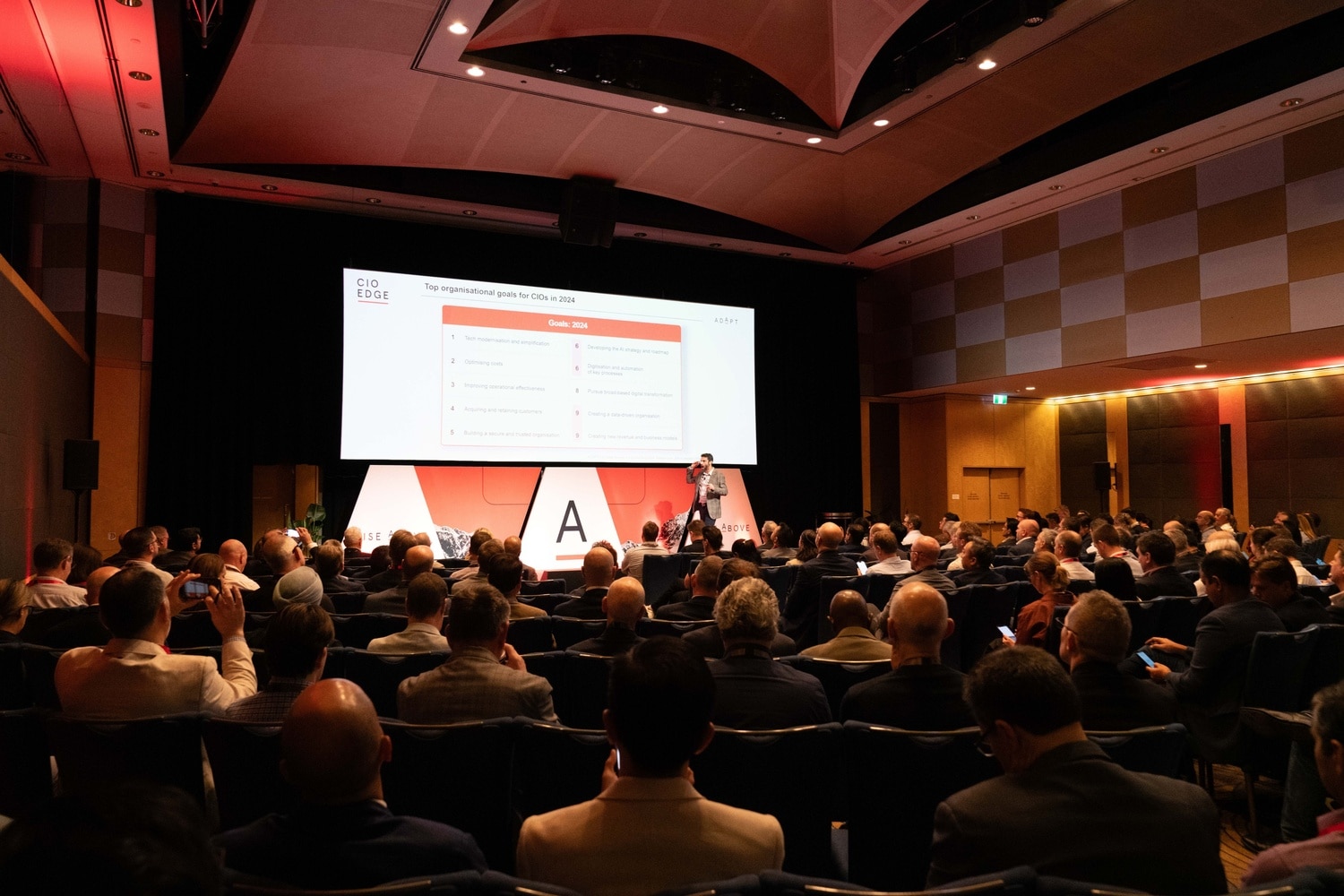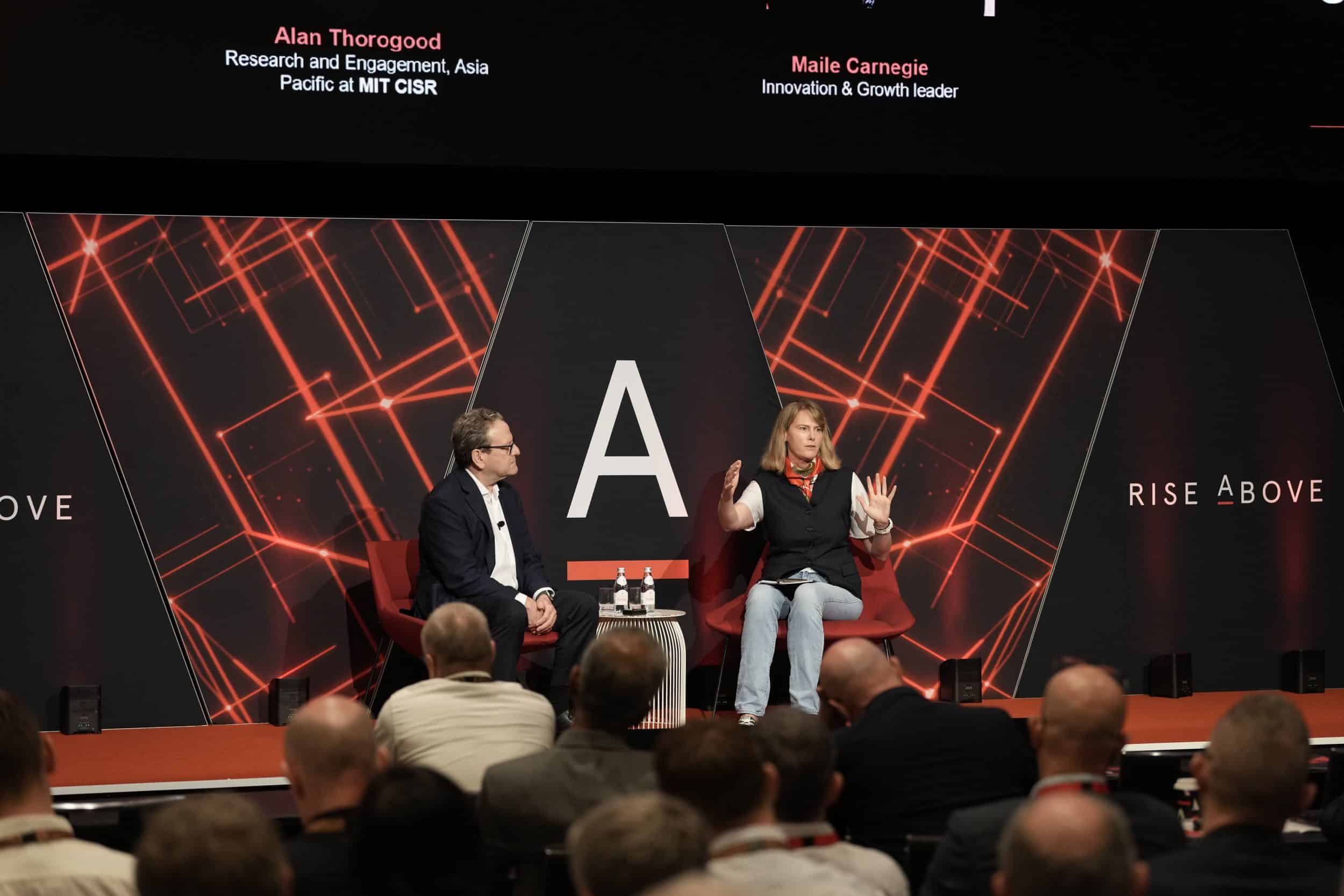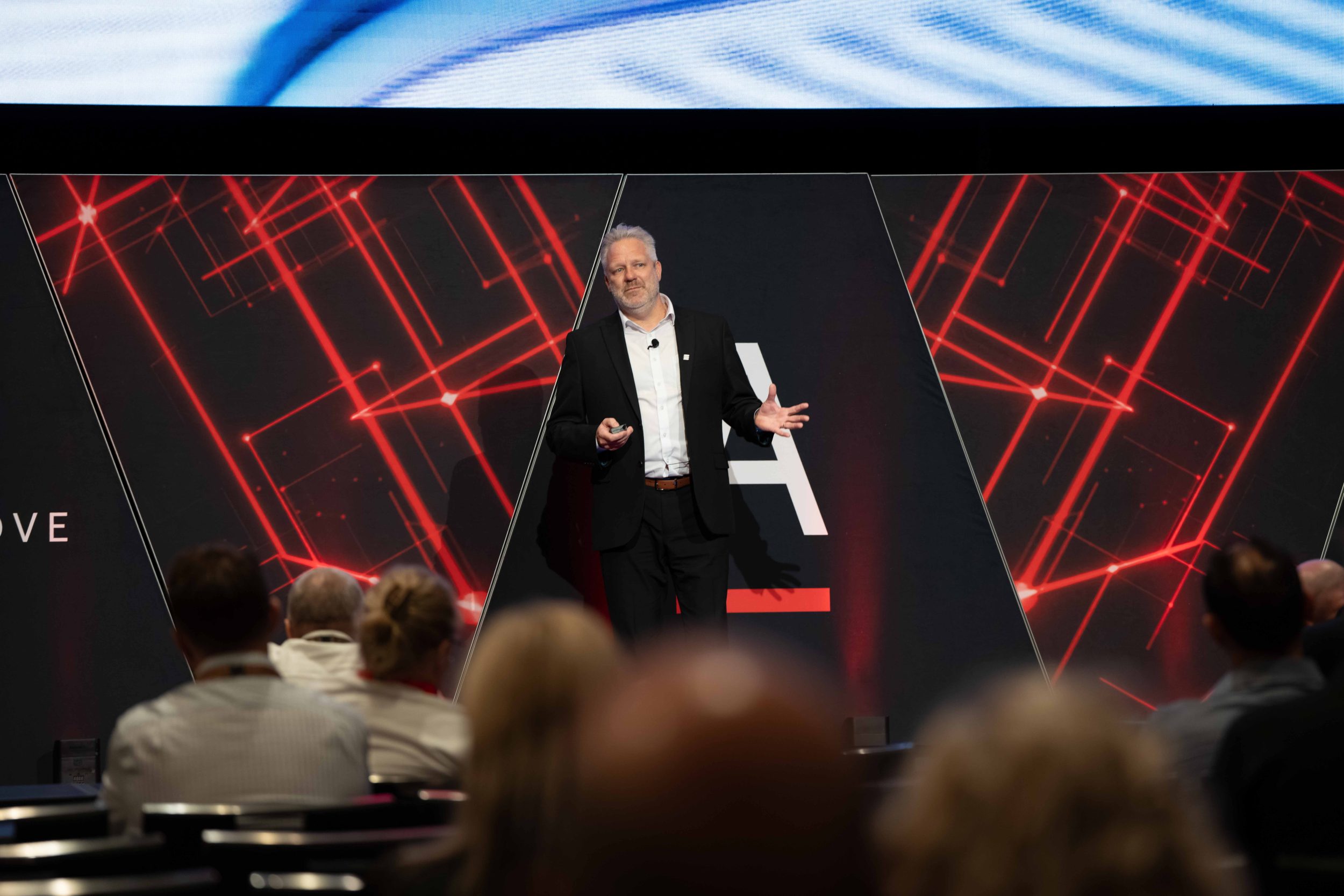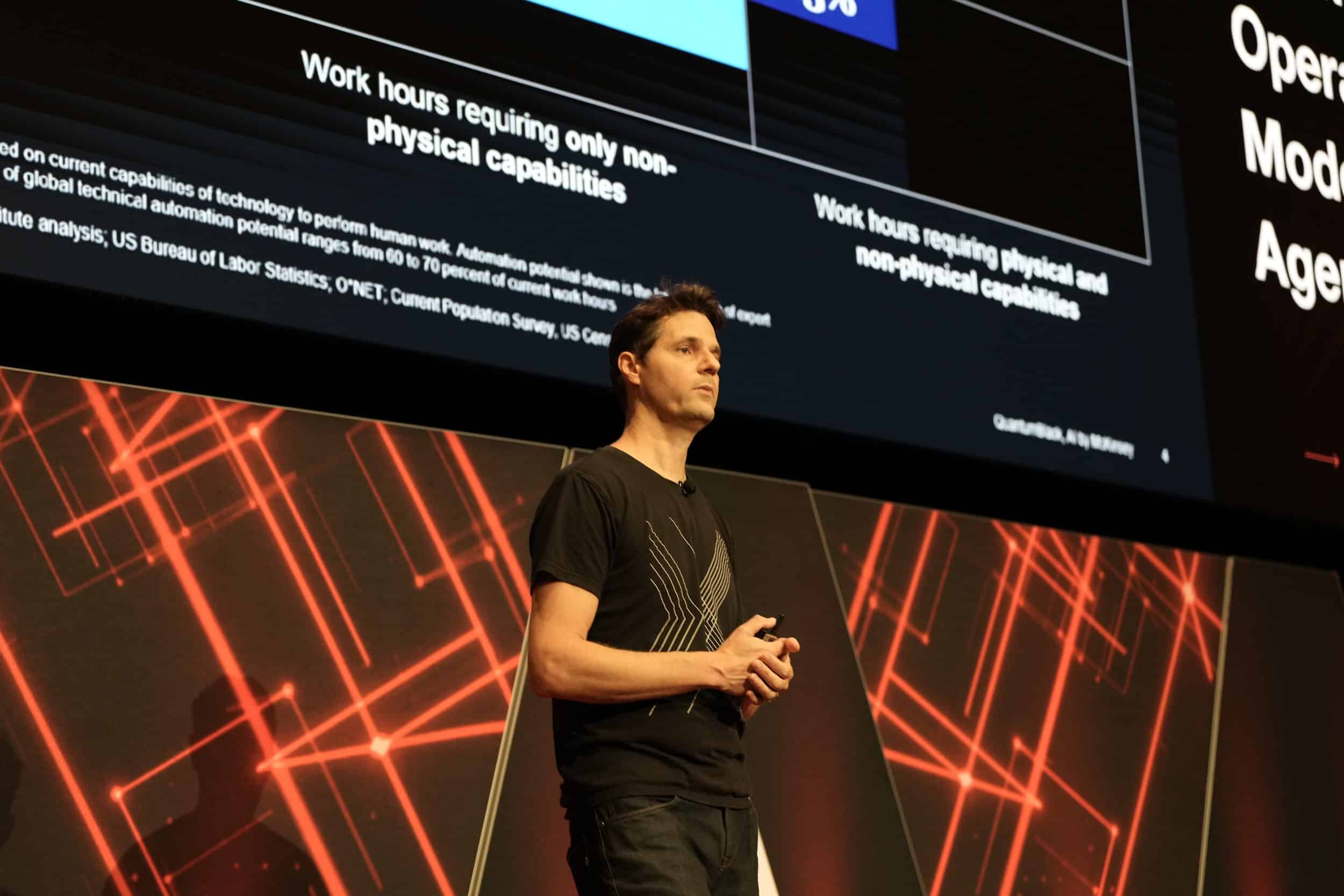Gabby Fredkin, Head of Analytics & Insights at ADAPT, shares insights on achieving operational excellence by focusing on tech modernisation and simplification at CIO Edge.
He emphasises that while operational excellence is conceptual, measuring modernisation and simplification provides a concrete path toward it.
By examining infrastructure modernisation and its impact on applications, connectivity and change management, he reveals that highly modernised organisations streamline their landscapes, integrate applications with APIs and drive organisational change more effectively.
Tech modernisation is linked to operational excellence through real-world examples.
Gabby highlights Bendigo and Adelaide Bank’s approach to cloud modernisation, which includes leveraging vendor relationships, training large language models for API development and applying cloud governance frameworks. This approach leads to significant cost reductions and application management improvements.
His analysis also emphasises the importance of process simplification, API connectivity and workflow automation as key factors that correlate with high operational value. These practices enable organisations to build agility, prioritise initiatives effectively and reduce technology costs.
Looking ahead, Gabby discusses the importance of scaling value from operations to customer excellence by enhancing digital literacy among executives and increasing digital channel interactions.
He presents a predictive model to help organisations capture customer value through improved process simplification and AI readiness.
Despite challenges such as data quality issues and a shortage of AI skills, progress is being made, with more organisations feeling prepared to harness AI.
Ongoing modernisation, effective data management and process simplification are crucial for achieving both operational and customer excellence.
Key takeaways:
- Modernisation and simplification drive excellence: Organisations that focus on reducing their application landscape, increasing API connectivity and streamlining processes are better positioned to achieve operational excellence and drive value.
- Real world successes and challenges: Examples like Bendigo and Adelaide Bank demonstrate the benefits of leveraging strong vendor relationships and advanced AI tools for cost reduction and efficiency. However, challenges such as data quality issues and skill shortages must be addressed to fully realise AI potential.
- Scaling for customer value: Enhancing executive digital literacy and increasing digital channel interactions are crucial for translating operational improvements into customer excellence. This approach helps organisations capture higher value through better process simplification and AI readiness.





























